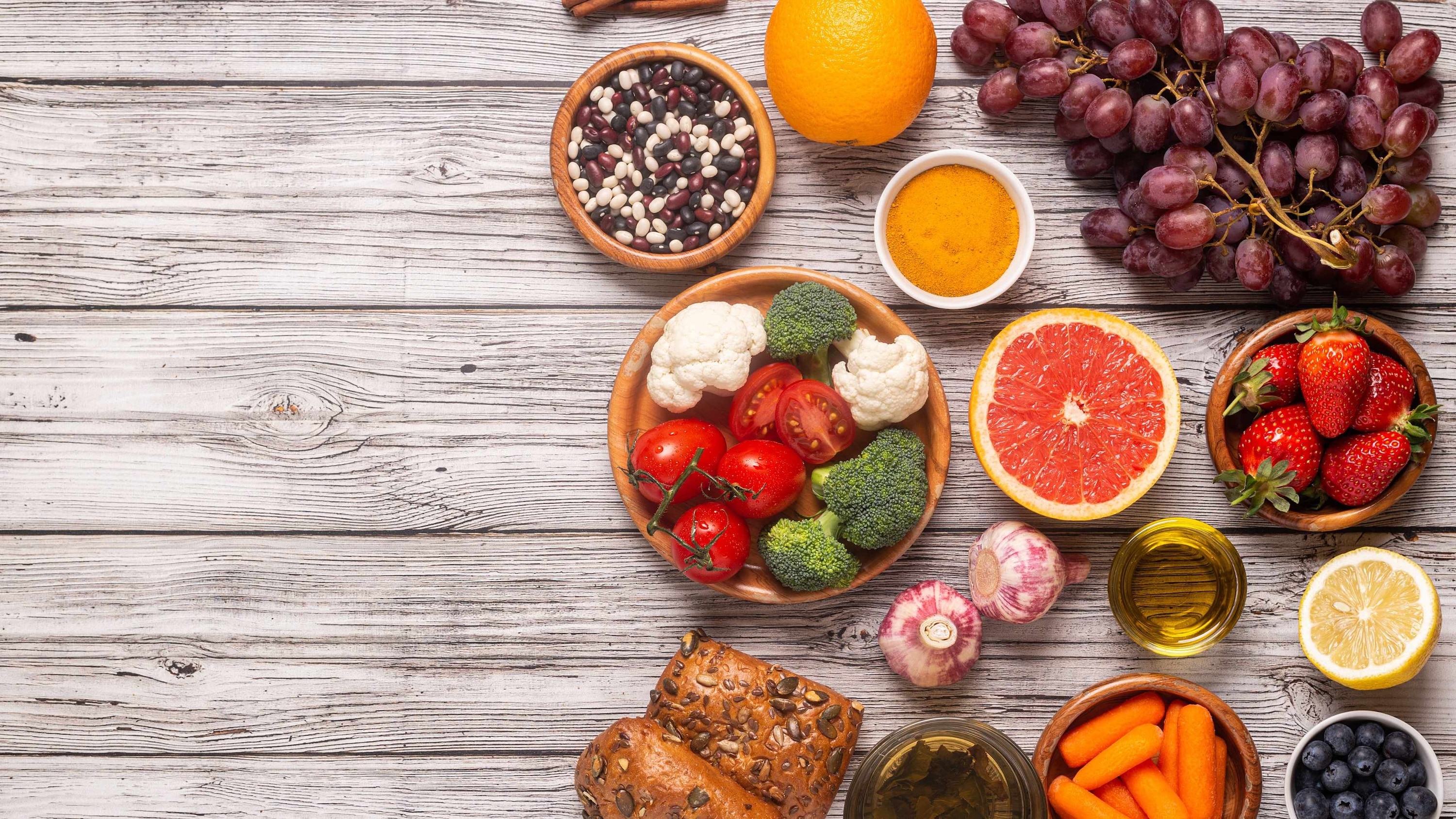Are you struggling with dark spots, uneven skin tone, or hyperpigmentation? The root of your concern then is an excess production of melanin in your skin. While the pigment is essential for protecting your skin from UV damage, a surge of melanin can lead to stubborn dark patches that affect your confidence.

Along with professional treatments administered by your dermat and a consistent skincare routine, lifestyle changes like balanced nutrition can also help to boost skin radiance and turnover. Which means if you are seeking an even skin tone and healthy barrier health, then you must first start by incorporating nutritious foods into your daily diet. Let’s explore how you can do so naturally.
Nutrient-Dense Foods That Support Melanin Regulation
While individuals often seek rushed results by scouring the internet for how to reduce melanin in skin permanently by eating, the simple answer is that there is no immediate solution for the same. The foods outlined below act as a supporting agent to supplement your treatments and individual efforts in boosting your skin health.
- Vitamin C Rich Foods
Citrus fruits, bell peppers, strawberries, and guava can be your skin’s best friends in the long run. Vitamin C can act as a melanin inhibitor by potentially interrupting the enzyme tyrosinase, which triggers melanin production. It also functions as a potent antioxidant, protecting your skin cells from oxidative stress that can worsen pigmentation. To incorporate it into your diet, simply add a bowl of fresh berries to your breakfast or squeeze lemon into your water for an easy vitamin C boost.
- Beta-Carotene and Vitamin A Sources
Carrots, sweet potatoes and dark leafy greens contain beta-carotene, which can be converted into vitamin A. This form of vitamin A in the body may influence cell turnover and balance skin tone by encouraging healthy skin cells to replace older, dull cells.
- Vitamin E and Antioxidant-Packed Foods
Almonds, sunflower seeds, avocados, and spinach are packed with vitamin E, which works synergistically with vitamin C to brighten skin. This vitamin neutralizes free radicals and helps repair damaged skin cells that contribute to hyperpigmentation.
- Lycopene-Rich Fruits and Vegetables
Tomatoes contain lycopene, which has antioxidant properties that help safeguard the skin. Lycopene contributes to the skin’s resilience and supports a more balanced tone. Cooking tomatoes actually increases lycopene availability, so tomato-based curries, soups, and sauces are excellent choices. Other sources include watermelon and pink guava.
- Polyphenols
Green tea has compounds called polyphenols that may adversely affect certain enzymes linked to melanin production. It helps in reducing oxidative damage and inflammation in the skin through its antioxidant and anti-inflammatory effects. Regularly sipping green tea can provide a natural way to secure these phytonutrients and aid in promoting even-toned skin.
- Probiotics and Fermented Foods
Yogurt, buttermilk, and fermented foods improve gut health, which directly impacts skin health. A balanced gut microbiome helps reduce systemic inflammation and supports better nutrient absorption, both of which are essential for managing melanin levels.
Ways to Reduce Melanin in Skin by Eating Right
While you can’t permanently alter your genetic melanin levels, you can manage excessive production and prevent new dark spots from forming. Here’s how:
- Eat a rainbow of fruits and vegetables daily to ensure you get diverse antioxidants.
- Stay hydrated with adequate fluid intake to support skin cell turnover.
- Limit sugar and processed foods, which increase inflammation and can worsen hyperpigmentation.
- Combine this with a skincare regimen including a targeted serum for dark spots and sun protection, as UV exposure remains the primary trigger for melanin production.
- If you notice stubborn dark spots or irregular growth in the patches, ensure to consult a dermatologist to eliminate skin concerns.
Conclusion
Managing melanin from the inside out hinges on foods, skincare and targeted treatments. All of these things need to work together for an even-toned skin. Hence, ensure your diet is filled with protein, fiber, carbs and foods rich in vitamins and minerals. By blending these steps into your everyday routine, you can work toward a more radiant complexion that feels fresh and confident at any age.
